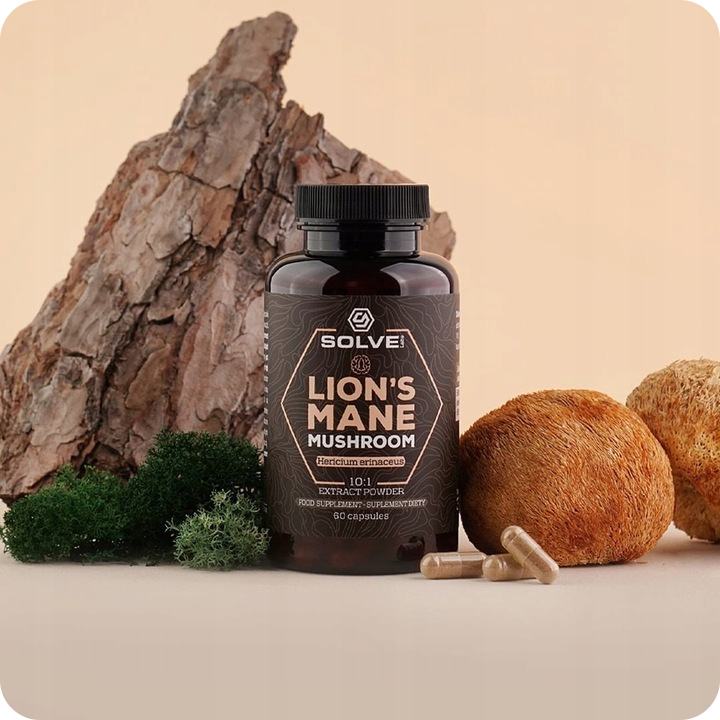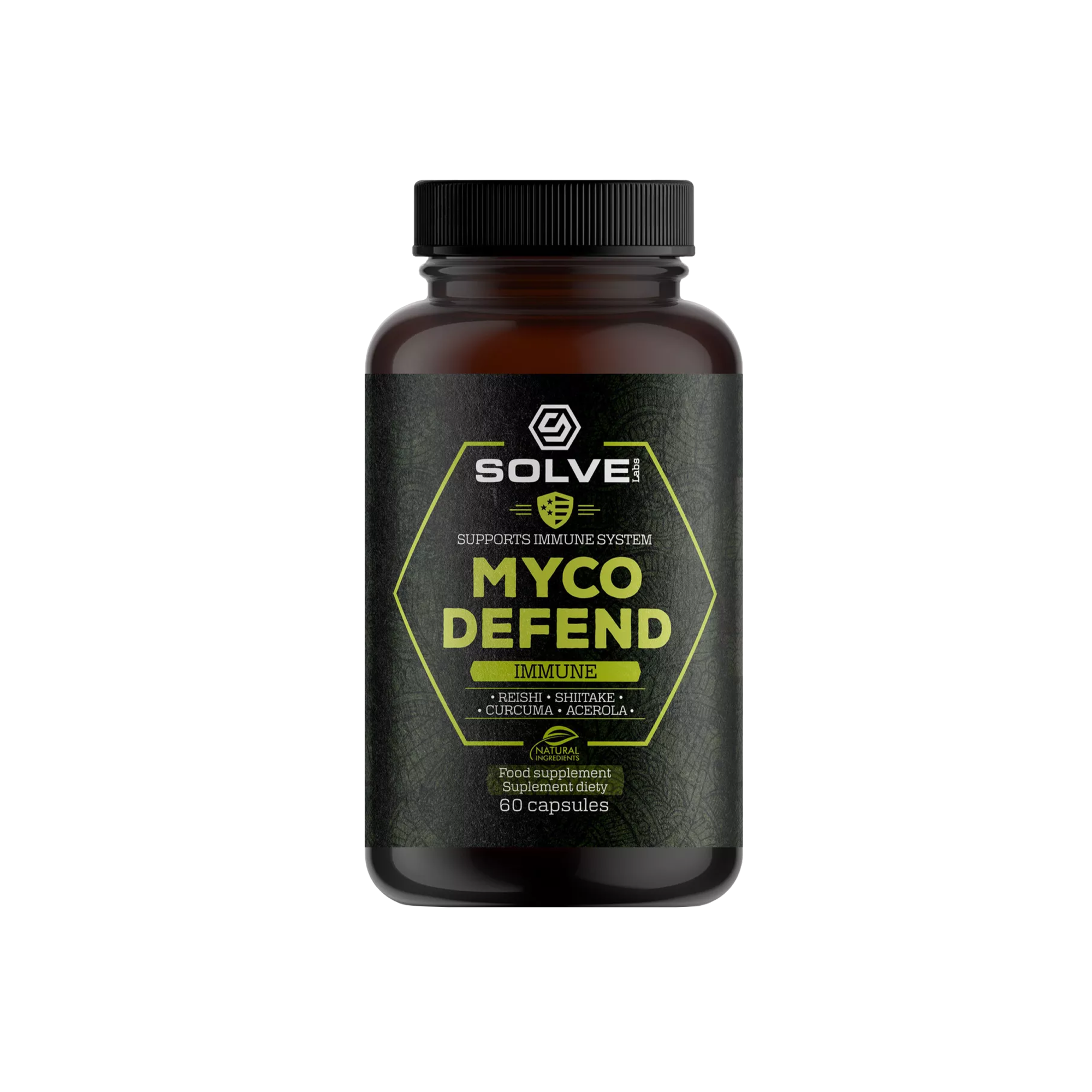Lion's Mane mushroom, scientifically known as Hericium erinaceus, has been a valued part of traditional Chinese medicine since around 200 BC.
Buddhist monks are said to have consumed Lion's Mane to enhance their focus during meditation, reflecting its esteemed role in history.
Did you know?
Lion's Mane is referenced in ancient Chinese texts, including the "Shen Nong Ben Cao Jing," one of the oldest herbal medicine books, where it was acknowledged for its tonic properties.




































 Focus
Focus
 brain HEALTH
brain HEALTH
 digestion
digestion










